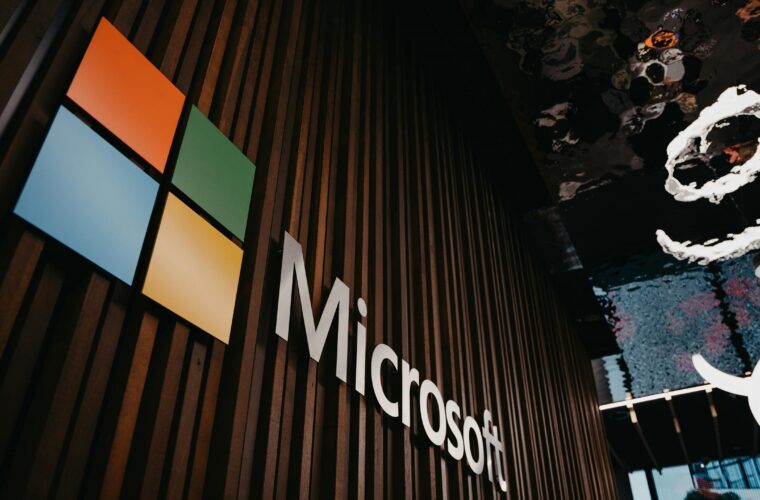By Josh Ye
HONG KONG (Reuters) – Chinese technology giant Tencent Holdings on Wednesday said it has a large stockpile of AI chips from U.S. maker Nvidia, but that broadened U.S. restrictions on high-end chip sales to China will eventually impact its cloud services.
President Martin Lau, on an analyst call following Tencent’s third-quarter earnings report, said the U.S. decision last month to ban the export to China of more chips used in artificial intelligence (AI) will force the firm to use existing stock more efficiently and seek domestically produced alternatives.
Tencent has enough Nvidia chips to continue development of its “Hunyuan” AI model “for at least a couple more generations”, so the curbs will not affect near-term AI capability, Lau said.
“We will have to figure out ways to make the usage of our AI chips more efficient,” he said. “And we will also try to look for domestic sources for these training chips.”
The new rules, however, will impact cloud services where Tencent sells computing power to clients.
“We feel that the chip ban does actually affect our ability to resell (use of) these AI chips through our cloud services,” he said.
Nvidia dominates about 90% of the Chinese AI chip market, meaning expanding U.S. export restrictions have left Chinese firms with AI ambitions scrambling to cope. Some have turned to domestic chipmakers such as Huawei Technologies, in a trend analysts have called a threat to Nvidia’s lead.
Reuters reported last week that Tencent rival Baidu has ordered 1,600 Huawei Ascend 910B chips.
Tencent has a stock of H800 AI chips that Nvidia developed specifically for China last year in response to earlier export curbs – but the new rules cover those too.

It said one way to best utilise its H800 chips is to reserve them for the most crucial part of AI model development, which is the training of the model.
“We’ll try to see whether we can offload a lot of the inference capability to lower-performance chips so that we can retain the majority of our high-performance AI chips for training purposes,” Lau said.
Nvidia plans to market new China-bound AI chips, with an announcement on Nov. 16 at the earliest, industry newsletter SemiAnalysis reported last week.
The chips are equipped with most of Nvidia’s newest features for AI work but have reduced computing power to comply with the new rules, SemiAnalysis said.
Nvidia declined to comment on the report when contacted by Reuters.



